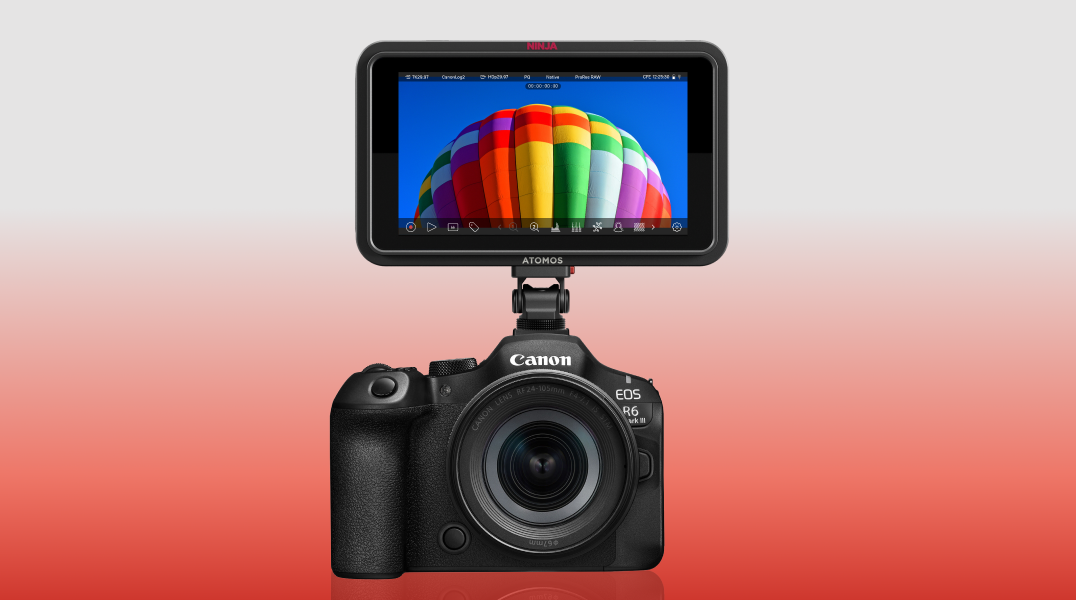NAB’s Rehr hits the wall
The lobbyists for the broadcasting and cable industries continue to fight over the issues of HD downconversion and multichannel must-carry.
Last week at a Maximum Service Television (MSTV) conference in Washington, D.C., NAB president David Rehr, representing the broadcasters, took on NCTA president Kyle McSlarrow, who carried the torch for the cable industry.
On digital carriage, the broadcasters want their signals delivered through cable in both HD and SD formats, while cable operators want only to downconvert a signal to SD when short of bandwidth.
“We see this as not a capacity issue, but a competitive issue from someone who has disproportionate market power as a distributor to benefit their own business,” Rehr said.
Turning to multichannel must-carry, the NAB chief said broadcasters just wanted to be able to send “as many bits through that tube as we send now.” He added: “And what we don’t like, is cable companies going in and physically ripping out bits to use that capacity for something else.”
McSlarrow saw little in Rehr’s arguments. He noted that downconversion applied only to must-carry stations and those customers who did not have digital boxes. Cable companies, he noted, have already agreed to carry analog and digital versions of stations during a five-year transitional period. He said cable operators, because of the dual carriage, ask only for “some flexibility to change an HD signal to SD signal to make sure we have the capacity.”
As to multichannel must-carry, McSlarrow said he doubted there would be many TV stations that, in that five-year window, would be broadcasting their supplementary channels in HD.
The professional video industry's #1 source for news, trends and product and tech information. Sign up below.
According to Rehr, NAB’s top priority in 2007 will be a massive public information campaign on the digital transition.
On other topics, Rehr predicted that it would cost more to subsidize digital set-top boxes than the $1.5 billion authorized by Congress, and said the cable industry should be subject to the same indecency regulations as terrestrial broadcasters.
